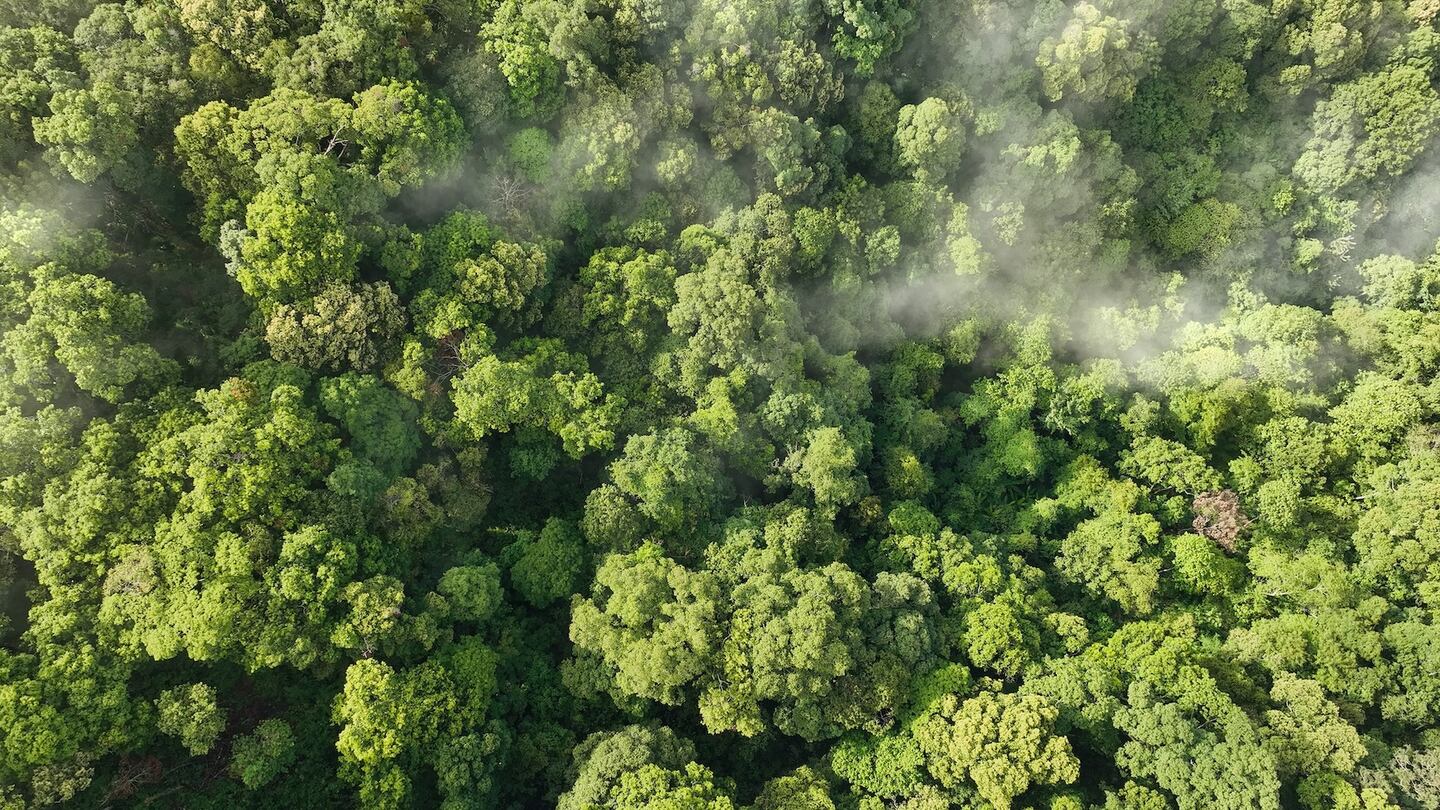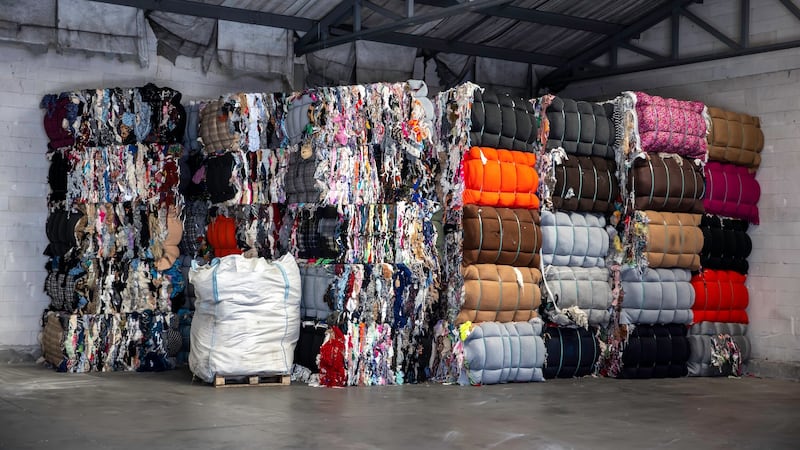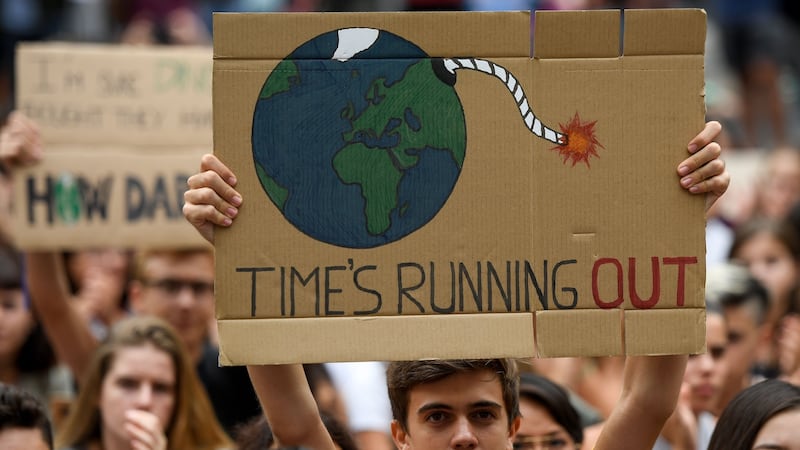Agenda-setting intelligence, analysis and advice for the global fashion community.
The European Commission moved to postpone a landmark law to tackle global deforestation, submitting to immense pressure from commodity-producing countries and industry.
The commission suggested a 12-month delay to rules aimed at curbing forest clearance in nations that send products such as coffee, cocoa, soy and beef to the bloc, it said Wednesday, confirming an earlier Bloomberg report. Global agricultural heavyweights from Brazil to Indonesia had fiercely criticised the plans on concern they’d hurt smallholder farmers and curtail key exports.
A delay would mark a fresh setback to the European Union’s green push. But it could offer a temporary reprieve for consumers just as extreme weather pushes up crop prices worldwide and revives worries about food inflation.
The extension would allow extra time for parties to get ready, but “in no way puts into question” the objectives of the law, the commission said in a statement. The proposal will need sign off from both the European Parliament and member states, as the regulation was slated to take effect Dec. 30.
ADVERTISEMENT
“The commission recognises that three months ahead of the intended implementation date, several global partners have repeatedly expressed concerns about their state of preparedness,” it said. “The state of preparations amongst stakeholders in Europe is also uneven.”
The bloc recently lost its greenest parliament ever, and governments across the continent have faced pressure to soften their environmental ambitions on cost concerns. Member states and industry groups have voiced alarm over the deforestation regulation, warning of impending supply disruptions and inflation.
“A delay would bring a huge relief to the EU value chains affected, from cocoa to palm oil — and not least to European consumers already affected by a cost-of-living crisis,” said Carlos Mera, an analyst at Rabobank in London.
The rules necessitate complex tracking systems, with importers required to collect precise data to identify the plots of land where the goods were grown. Companies must ensure the products they bring in weren’t made on areas deforested or degraded after 2020.
German farmers’ group DBV welcomed the move to delay.
“The uncertainties caused must now be a reason to fundamentally simplify the regulation again and not to impose additional bureaucracy on countries with effective forest protection,” DBV Secretary-General Bernhard Krüsken said.
Yet environmental groups were dismayed by the proposal, saying the world’s forests urgently need more protection.
European Commission President Ursula von der Leyen “might as well have wielded the chainsaw herself,” Greenpeace EU Forest Policy Director Sébastien Risso said. “People in Europe don’t want deforestation products on their supermarket shelves, but that’s what this delay will give them.”
ADVERTISEMENT
Although grain prices have held in check this year, coffee and cocoa costs have surged amid harvest shortfalls and worries about supply-chain disruptions.
Concerns over compliance with the regulation prompted coffee traders to stock up on beans ahead of the deadline, and a major roaster said European consumers would pay more as the rules kicked in. A cocoa group in September said the law was headed toward “critical failure.”
Robusta coffee futures fell about 6 percent Wednesday, while soybeans traded down about 1%. Cocoa in New York also dropped.
Peter Liese, a German lawmaker coordinating environmental issues in the European People’s Party, hailed the EU’s proposal, saying he’s sure “the entire Parliament will adopt it in the short term. Entry into force on Dec. 30, 2024, would have plunged us into irresponsible chaos.”
By John Ainger, Ewa Krukowska and Alberto Nardelli
Learn more:
Better Cotton to Expand Due Diligence After Brazil Deforestation Investigation
Fashion’s biggest sustainable cotton certifier said it found no evidence of non-compliance at farms covered by its standard, but acknowledged weaknesses in its monitoring approach.




